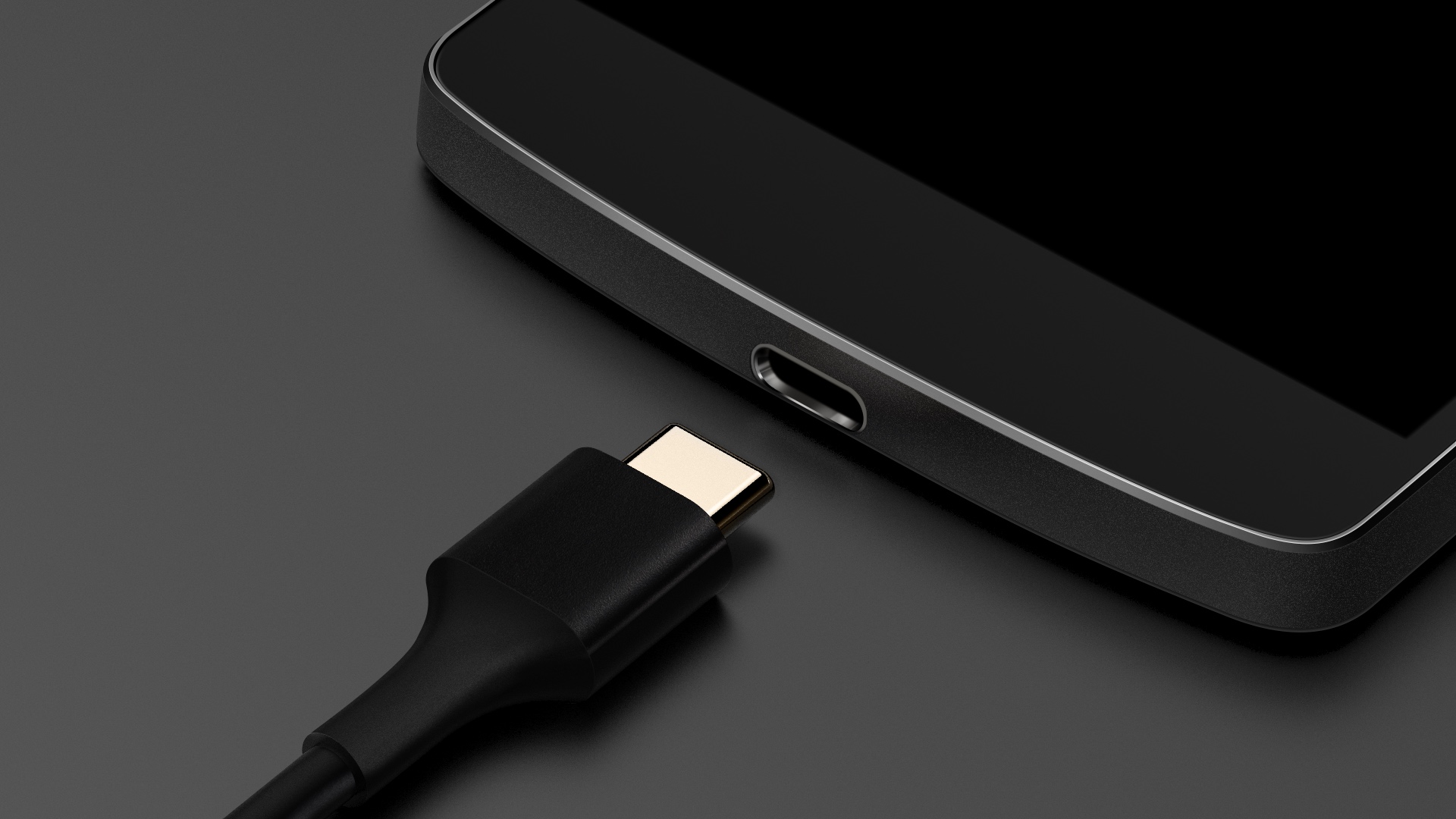
The USB 3.0 Promoter Group has announced new USB Type- Authentication specification that allows devices and accessories to communicate with one another before transferring power or data.
Using this protocol, host systems can confirm the authenticity of a USB device or USB charger, including such product aspects as the descriptors/capabilities and certification status. The authentication process happens at the moment a wired connection is made and saves your device from an inappropriate power or data transfer.
When a device gets certified by the USB-IF, it will then be able to tell your phone or laptop that it’s safe to use via 128-bit encrypted communication. The authentication system is designed to prevent malware, viruses and exploits from infecting systems with 128-bit security and cryptographic methods.
USB Type-C Authentication solution key features :
- A standard protocol for authenticating certified USB Type-C™ Chargers, devices, cables and power sources
- Support for authenticating over either USB data bus or USB Power Delivery communications channels
- Products that use the authentication protocol retain control over the security policies to be implemented and enforced
- Relies on 128-bit security for all cryptographic methods
- Specification references existing internationally-accepted cryptographic methods for certificate format, digital signing, hash and random number generation
Brad Saunders, USB 3.0 Promoter Group Chairman said,
USB is well-established as the favored choice for connecting and charging devices. In support of the growing USB Type-C ecosystem, we anticipated the need for a solution extending the integrity of the USB interface. The new USB Type-C Authentication protocol equips product OEMs with the proper tools to defend against ‘bad’ USB cables, devices and non-compliant USB Chargers.

